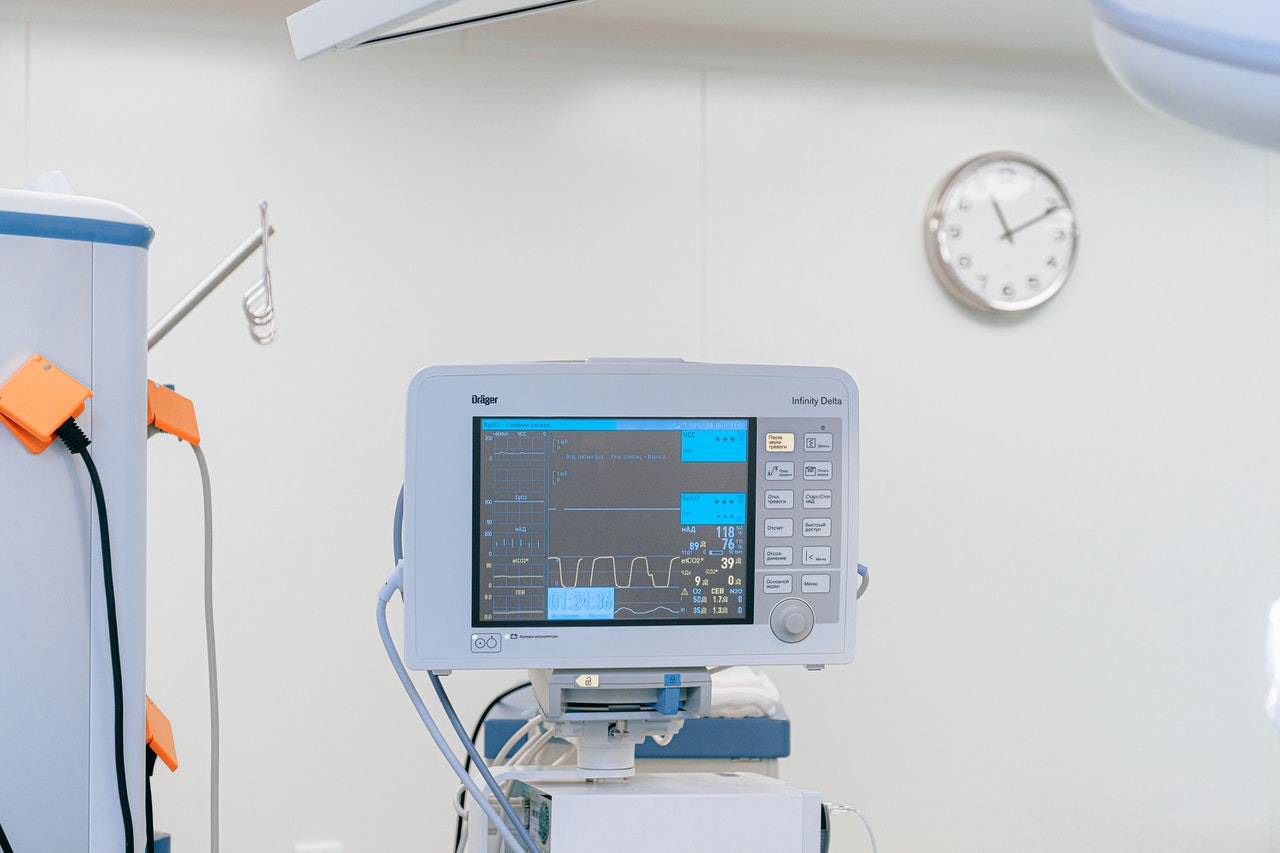4 Time-Saving Tips for Going to the ER
Here’s how to make your intake and treatment smoother when you’re going the ER.
Few things are as scary as having to go to the emergency room. Perhaps, walking down the aisle (kidding!)? In truth, the ER is there to either save your life or to help you feel better. The important thing is that you utilize emergency services when you need to, and not allow fear of having a bad experience dissuade you from going. Interesting fact: according to the most updated CDC website, in 2016, the mean wait time to see a medical provider was 24 minutes in less busy emergency rooms and 48 minutes in the busier ones. Expectedly, people with more concerning symptoms such as chest pain are seen quicker than those with the complaint of a stubbed toe (I really did think I had broken it).
For those of you who are going to the ER, here are some helpful tips for making your evaluation and treatment smoother. Of course, depending on your symptoms and on whether you are being brought to the emergency room by an ambulance, you may not have the time or capacity to follow these tips (it’s difficult to pack an overnight bag when you are unconscious).
Bring Another Set of Eyes and Ears
Whether it be a friend, family member or a work colleague, take someone with you when going to the ER. Having someone there to help advocate for you (asking the charge nurse why you haven’t been seen in six hours) and to also listen to what the nurses and doctors tell you is extremely helpful. Additionally, s/he can act as a liaison and keep your other friends and family members informed of how you are doing.
Be Prepared
This step can be done months earlier in anticipation. You should keep an updated list of your current medications along with dosages (including vitamins and herbal supplements) as well as a record of your medication allergies. A great place to store this information is under notes if you use a smartphone. Otherwise, the old-fashioned method of keeping these details on a piece of paper tucked away in your wallet will also suffice. Other particulars you should keep handy are your insurance information, your doctor’s name and phone number, a brief summary of your medical history, such as previous diagnoses such as asthma or kidney problems, and a list of your prior surgeries. For those of you with a history of heart disease or who are presenting to the emergency room with chest pain, shortness of breath or dizziness, having a copy of your most recent electrocardiogram (EKG), which is an image of your heart’s electrical activity and can signify signs of heart disease, can be extremely helpful. In fact, you should consider keeping a copy of your most recent EKG under pictures if you use a smartphone, or in your wallet, if you are a technophobe.
Try to Be as Nice and Understanding as You Can Be
Clearly, you are likely very nervous and not yourself, as being in pain and not feeling well can bring out the worst in us. However, it is important to remember that the professionals in the emergency room are likely working their hardest and have the best of intentions, and you are likely not their only patient. Try to envision how you would respond if you had to deal with your worst self (frankly, I would probably call security and have myself thrown out).
Be Proactive
You should have your pharmacy number ready in case the doctor would like to start you on medication. In fact, it is a good idea, before you even leave the emergency room, to call the pharmacy and ensure that the prescribed medication has been called in, as it may be difficult to rectify this once you have left the ER. You should not feel embarrassed about asking too many questions, even if you think they seem too basic or silly. In fact, many people actually record their interactions with the doctors or the nurses (again, that smartphone can be handy) or jot down some notes. Furthermore, in addition to understanding your diagnosis, you should confirm that you have a follow-up, either with your primary doctor or with someone the ER recommends. Be sure to have the emergency room give you a copy of all of the lab work and tests performed, as this will be extremely useful during your follow-up.
Originally published on drozshow.com, 2021
